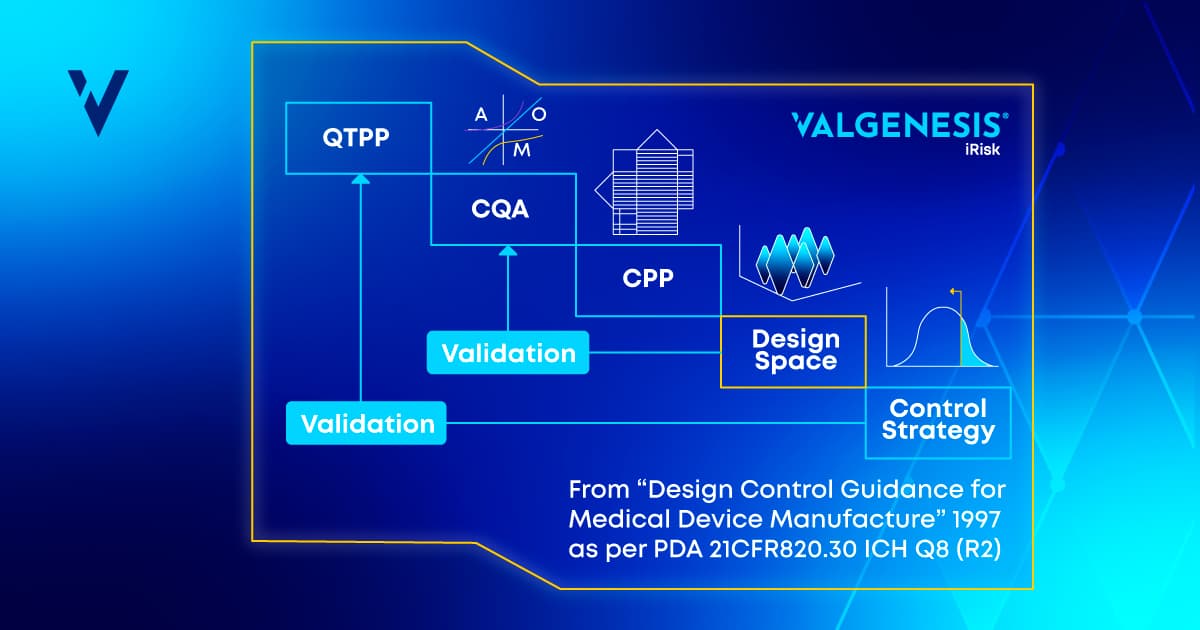In this blogpost, we will explore the application of Quality By Design (QbD) for Cell & Gene Therapies.
Over the past century, lifecycle management of biotechnology products and biopharmaceutical industry has been founded on principles from the pharmaceutical small molecule industry. But are they suitable for it? Let’s find out!
The Current Model and Its Risks
One of the paradigms of the pharmaceutical small-molecule industry is its definition of clinical programs. These programs can establish the risk-benefits of a dosage and its delivery system on healthy individuals and patients.
It is expected that product quality attributes such as efficacy and safety are a guarantee, regardless of variability between patients and in manufacturing operations.
However, for Cell & Gene Therapy, that model brings potential risks for patients. Applying the pharmaceutical model to biopharmaceutical operations, uncovers fundamental insufficiencies and inadequacies on it.
In general, biologics have more quality attributes than small molecules, and more complex ones as well. Because of that, new therapies and new product specifications for biologics can be complex and patient-specific. As such, quality compliance during the whole manufacturing process needs to be assured, at the risk of affecting product efficacy and patient safety.
Furthermore, due to the uncertainty that will be present in all stages of development and manufacturing, a solid and structured risk-based approach shall be in place across the development lifecycle, to ensure the delivery of consistent product quality and patient safety. This can be achieved with a well-defined and robust control strategy.
Application of QbD to Cell and Gene Therapies
The quality targets used for biologics are designed for an average unspecific patient response, which will not deliver the required predictive framework to ensure outcomes to small, differentiated patients’ populations.
To switch towards Cell and Gene Therapies, an effective end-to-end integration of operations over complete products’ lifecycle should be performed. Together with the usage of evidence and risk-based approaches, this will accelerate the access to new therapies and enable an industry 4.0 integration.
How Can We Help You?
ValGenesis has worked with biopharmaceutical companies across different areas like End-to-End Lifecycle Management, QbD Frameworks and QRM process optimization.
We have developed commercial validated tools which can help your business in this journey of biologics manufacturing and its potential risks. If you think that we can be the solution for your problem, feel free to contact us.



